Gaming laptops have become increasingly popular due to their portability and high-performance capabilities. However, one common concern among gamers is whether gaming laptops are prone to overheating. In this article, we will delve into the factors contributing to overheating in gaming laptops and explore effective solutions to address this issue.
Understanding Gaming Laptops:
Gaming laptops are designed to handle resource-intensive tasks and provide exceptional gaming experiences. They boast powerful hardware components, including high-end processors and dedicated graphics cards, which allow them to run the latest games with ease.

Heat Generation in Gaming Laptops:
The performance capabilities of gaming laptops come at a cost – heat generation. Several factors contribute to this issue:
1. Powerful Hardware Components:
The advanced hardware components in gaming laptops generate substantial heat during operation. The CPU and GPU, in particular, can produce a significant amount of heat when running resource-demanding games.
2. Inadequate Cooling Systems:
Some gaming laptops may suffer from inadequate cooling systems that struggle to dissipate the heat efficiently. This can lead to heat buildup inside the laptop, causing potential overheating issues.
3. Dust and Dirt Accumulation:
Dust and dirt can accumulate inside the laptop over time, blocking airflow and hampering the cooling system’s effectiveness. This can lead to increased temperatures and potential overheating.

Common Signs of Overheating:
Identifying the signs of overheating is crucial for preventing long-term damage to your gaming laptop. Some common signs include:
1. Frequent Shutdowns:
If your gaming laptop shuts down unexpectedly during gaming sessions, it may be a sign of overheating. Modern laptops have built-in thermal protection mechanisms that trigger shutdowns to prevent damage caused by excessive heat.
2. Performance Issues:
Overheating can lead to a drop in performance. You may experience frame rate drops, stuttering, or lag, affecting your overall gaming experience.
3. Excessive Fan Noise:
When your laptop’s cooling system is working overtime to combat heat, you may notice unusually loud fan noise. This can be an indicator of overheating.
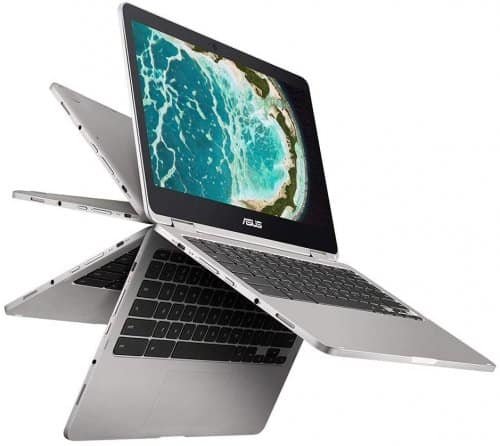
How to Prevent Overheating:
Preventing overheating is essential to ensure your gaming laptop’s longevity and optimal performance. Here are some practical tips:
1. Cleaning and Maintenance:
Regularly clean the laptop’s vents, fans, and internal components to remove dust and dirt buildup. This enhances airflow and improves cooling efficiency.
2. Using Cooling Pads:
Invest in a quality cooling pad to provide additional cooling for your gaming laptop. Cooling pads with built-in fans can help dissipate heat more effectively.
3. Monitoring Software:
Install temperature monitoring software to keep track of your laptop’s temperature during gaming sessions. This allows you to identify potential overheating issues in real-time.
4. Optimal Gaming Settings:
Adjust in-game graphics settings to reduce the strain on your laptop’s hardware. Lowering the graphics settings can help decrease heat generation during gameplay.
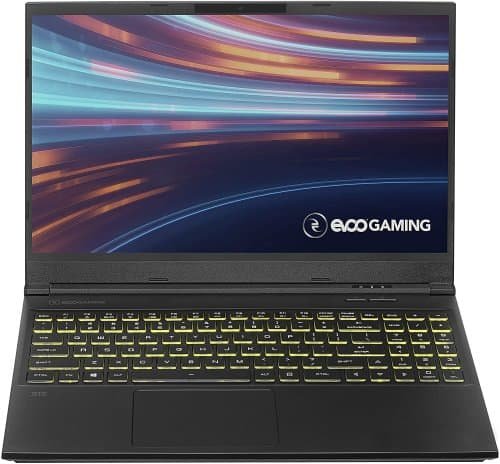
Gaming Laptop Cooling Solutions:
Manufacturers are continuously improving cooling solutions to address overheating concerns:
1. Improved Cooling Systems:
Some gaming laptops now feature advanced cooling systems with larger heat sinks, more efficient fans, and improved airflow to mitigate overheating risks.
2. External Graphics Card Enclosures:
External graphics card enclosures are becoming popular solutions for gaming laptops. They allow users to connect a desktop-grade graphics card externally, reducing the load on the internal GPU and lowering overall heat generation.
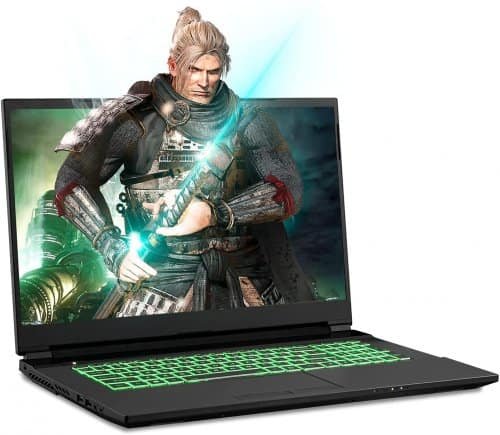
Can overheating permanently damage my gaming laptop?
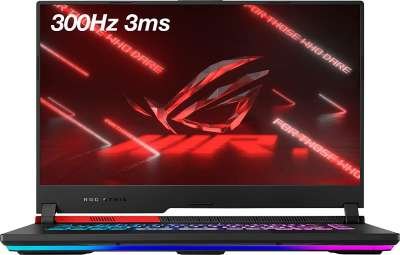
Yes, if not addressed promptly, overheating can cause permanent damage to the laptop’s components, leading to reduced performance and potential hardware failure.
Are cooling pads effective in preventing overheating?
Cooling pads can be effective in reducing laptop temperatures during gaming sessions, especially when combined with proper cleaning and maintenance.
Do gaming laptops with better cooling systems cost more?
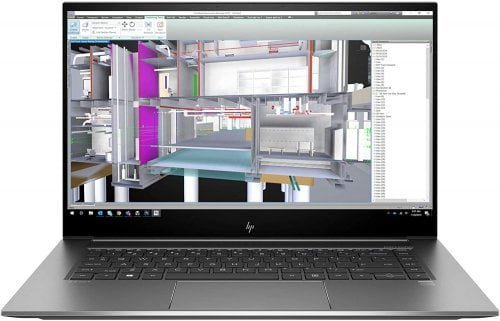
Gaming laptops with advanced cooling solutions may have a slightly higher price tag, but the investment is worth it for better performance and longevity.
Can I use my gaming laptop on a soft surface like a bed or a couch?

It is not recommended to use your gaming laptop on soft surfaces, as it can obstruct airflow and contribute to overheating.
How often should I clean my gaming laptop’s cooling system?
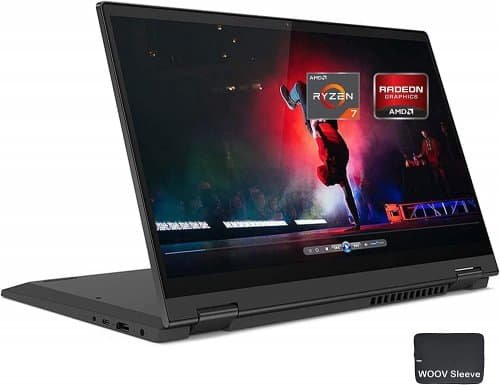
Cleaning your laptop’s cooling system every 3-6 months, depending on usage and environmental conditions, can help maintain optimal performance and prevent overheating.
Conclusion:
While gaming laptops are susceptible to overheating due to their powerful hardware, there are various preventive measures and solutions available. By maintaining your laptop, adjusting gaming settings, and choosing models with excellent cooling systems, you can enjoy uninterrupted gaming experiences without worrying about overheating issues.

